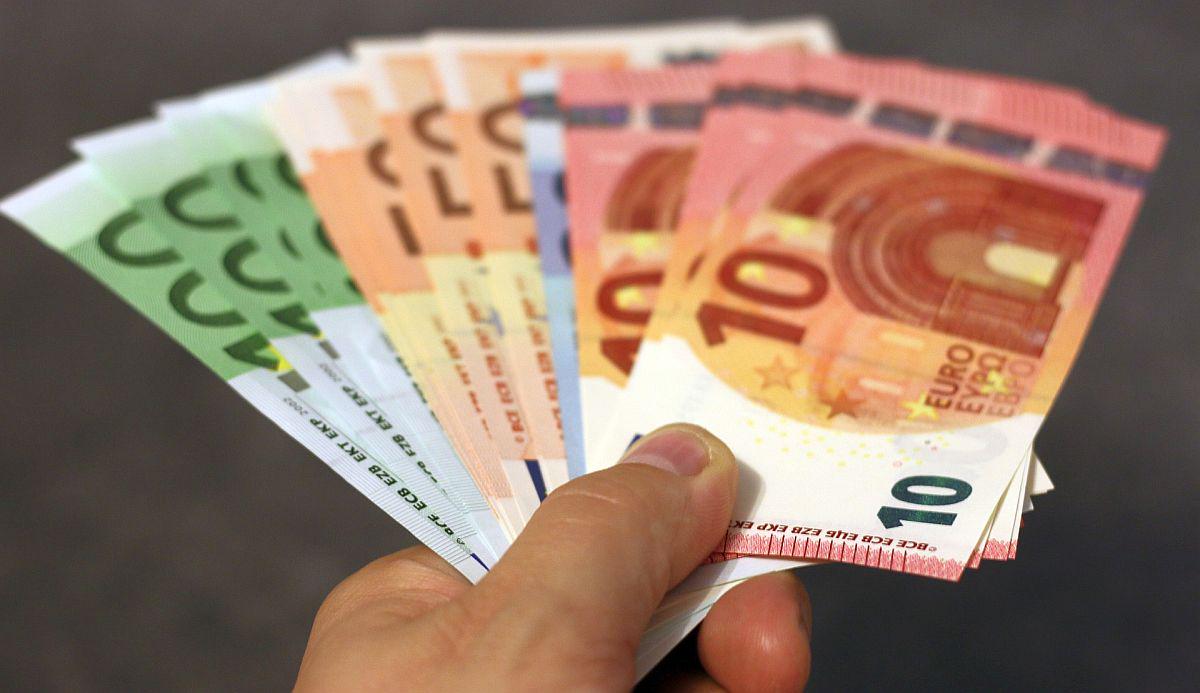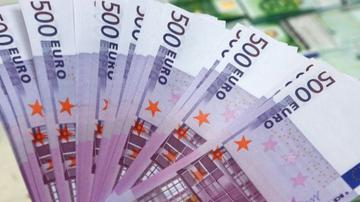The collected taxes on companies' income rose by 27.8 percent while the collected value-added-tax was 6.8 percent higher, the administration said.
"Over the past years we noticed a big increase in voluntary tax payment ... An improved tax-paying culture is largely a result of economic growth but also of the strive of the Financial Administration to improve its services ... ," it added.
The figures also reflect the fact that the government last year increased the tax on companies' income to 19 percent from 17 percent previously.
Slovenia, which narrowly avoided an international bailout for its banks in 2013, returned to economic growth a year later and the government expects the economy to expand by 3.9 percent in 2018 versus some 4.4 percent last year, boosted by a rise of exports and investments.
However, based on strong economic growth, a number of public sector trade unions are planning strikes later in January and in February, demanding significantly wage hikes.
The centre-left government, which is getting ready for a parliamentary election that is expected in June, said last week that most demands for higher wages were not acceptable as they would threaten the planned fiscal consolidation.
Slovenia plans to run a budget surplus of about 0.4 percent of GDP this year versus an estimated deficit of 0.8 percent in 2016.
Oglas




























































